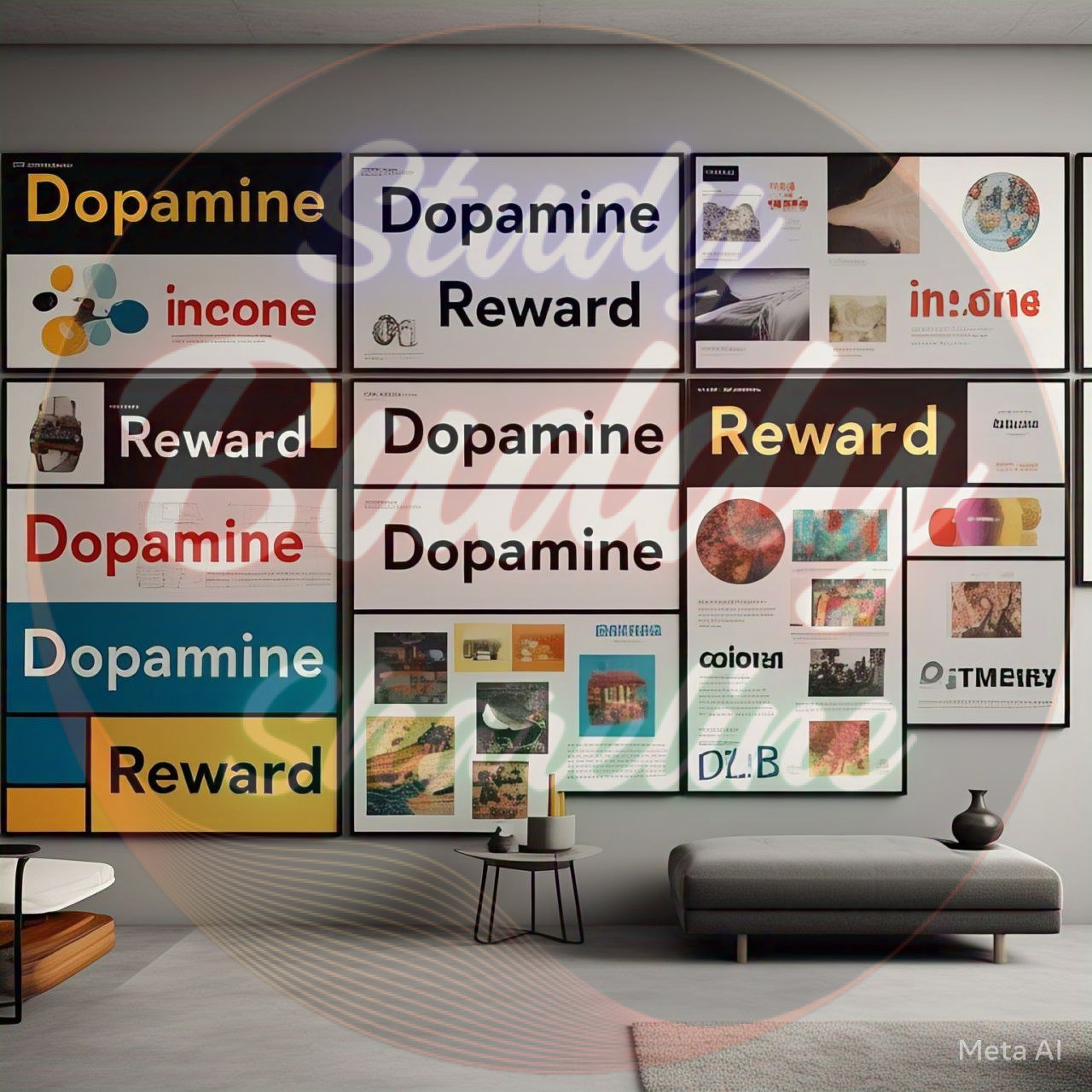Your Inner Confidence: Dopamine-Powered Transformation


Imagine for a moment that you are standing at the edge of your greatest potential. Picture a version of yourself who’s unstoppable, confidently tackling every challenge, and achieving goals effortlessly. This is the version of you that has always existed deep inside, waiting to be unlocked. But then, a voice whispers, “What if I fail?” And suddenly, self-doubt creeps in, slowing you down and making you hesitate.
But what if I told you that this very self-doubt can become your greatest source of power? What if it could actually fuel your growth, instead of stopping you?
Here’s the truth: when you face your fears and step out of your comfort zone, your brain releases dopamine—the “feel-good” chemical that makes you feel rewarded and motivated. Every small victory, every decision to act despite fear, sends a signal to your brain that says, “This feels good! I can do more of this!” And as you continue to take action, the dopamine rush amplifies, creating a cycle that not only boosts your confidence but also makes you addicted to success.
The Science Behind Self-Doubt and Confidence
Now, let’s dive a little deeper into how your brain works when you face self-doubt. When you step out of your comfort zone, your brain is at war between two main regions: the prefrontal cortex and the limbic system.
The prefrontal cortex, the part of your brain responsible for decision-making, planning, and rational thought, pushes you to take action. It’s logical and focused on achieving your goals. But the limbic brain, which controls emotions and survival instincts, gets triggered by fear and uncertainty, pulling you back into your comfort zone.
So, what happens when you face that fear and push through? Both of these brain regions sync up, and your brain rewards you with dopamine. The prefrontal cortex, which is actively guiding you toward your goal, and the limbic system, which has been softened by the act of facing your fear, work together to create a sense of accomplishment and motivation.
The Dopamine Loop: Why Confidence Becomes Addictive
Dopamine isn’t just a fleeting pleasure; it’s a powerful reward system your brain has evolved to create. When you act despite fear, your brain recognizes this as a victory and floods your system with dopamine. This dopamine release is your brain’s way of telling you, “Well done! Keep going!” And here’s the key: this feedback loop is what makes you addicted to taking action.
Every time you take that first step—whether it’s sending an email, making a decision, or speaking up in a meeting—your brain celebrates with dopamine. This creates a positive feedback loop where the more you act, the more dopamine is released, and the more you’ll want to act again. Over time, the feeling of taking action and achieving success becomes so rewarding that it keeps you coming back for more.
Rewiring Your Brain for Unstoppable Confidence
Here’s where the real magic happens: you can rewire your brain. Yes, your brain is plastic—it’s adaptable, and it can be trained. Every time you push past self-doubt and take action, you are creating new neural pathways that reinforce the belief that you are capable of success. The more you do it, the easier it becomes.
1. Start Small: The Power of Incremental Action
It’s easy to feel overwhelmed by the idea of building confidence. But what if you started small? Focus on one small action that takes you outside your comfort zone. That first step is crucial because it triggers the dopamine response in your brain. You’re not focusing on the huge goal in front of you; you’re celebrating the little victories that add up to greater success.
The more you experience this rush of dopamine, the more motivated you will become. With every small win, your brain starts to associate action with reward, reinforcing the belief that you are capable of tackling bigger challenges.
2. Surround Yourself with Positive Reinforcement
To amplify the dopamine effect, create an environment that supports your growth. Surround yourself with positive influences—people who encourage you, situations that challenge you, and spaces that nurture your potential. When your environment is filled with positive reinforcement, your brain will begin to crave those rewarding dopamine bursts, motivating you to keep moving forward.
3. Embrace Failure as Part of the Process
What if failure wasn’t the enemy? What if it was actually part of your success story? Every time you fail, your brain is still learning. Failure triggers dopamine too because it’s a chance for you to learn and improve. So, instead of running from failure, embrace it. See it as feedback, a way for you to grow and get better, and your brain will continue rewarding you with dopamine, helping you build even more resilience and confidence.
Confidence as a Reward: How the Brain Gets Addicted to Success
The more you act, the more dopamine your brain releases. This dopamine rush creates a sense of pleasure and fulfillment, reinforcing the idea that action leads to success. Soon, taking action becomes addictive. You will crave the feeling of success, and with each action, your confidence will grow.
And this is how it works: the more you act in the face of self-doubt, the more dopamine floods your system, the more your confidence increases, and the more you’ll want to continue pushing forward. Confidence isn’t just something you have; it’s something you cultivate through repeated action and positive reinforcement. Each step, no matter how small, makes you more confident, more capable, and more unstoppable.
Conclusion: Breaking Free from Self-Doubt
Self-doubt and low confidence are not fixed traits. They are patterns of thinking that can be rewired, just like a muscle that grows stronger with exercise. Every time you face your fear, you trigger dopamine and unlock a new level of confidence. With each victory, no matter how small, you reinforce the belief that you are capable of achieving greatness.
By understanding how your brain works, you can break the cycle of self-doubt and step into your full potential. Remember: the more you act, the more you’re rewarded with dopamine, and the more you’ll want to keep going. So, take that first step, face your fear, and let the rush of dopamine guide you toward unstoppable confidence.
Your greatest potential is waiting to be unlocked—one small action at a time.
